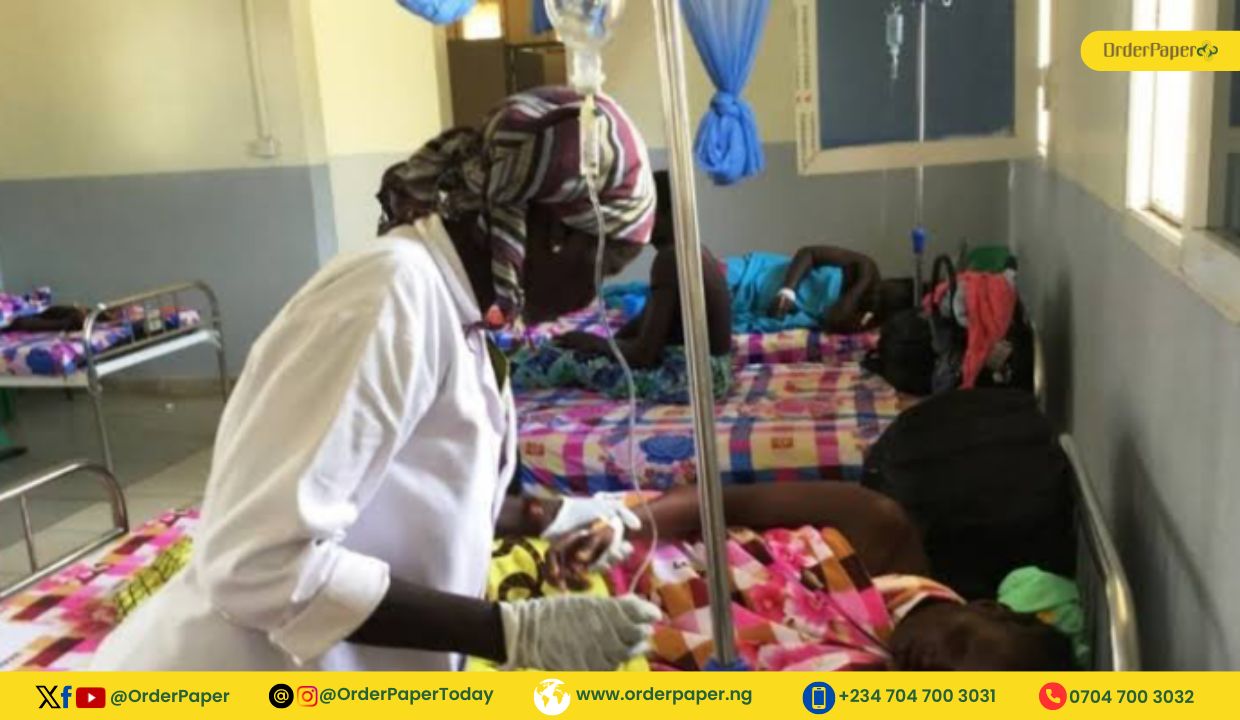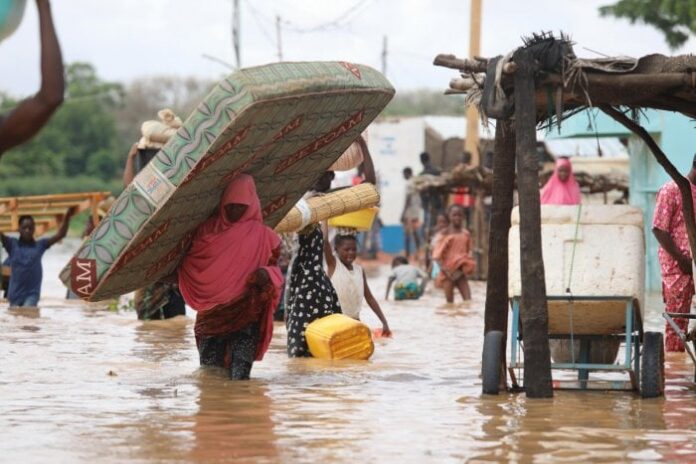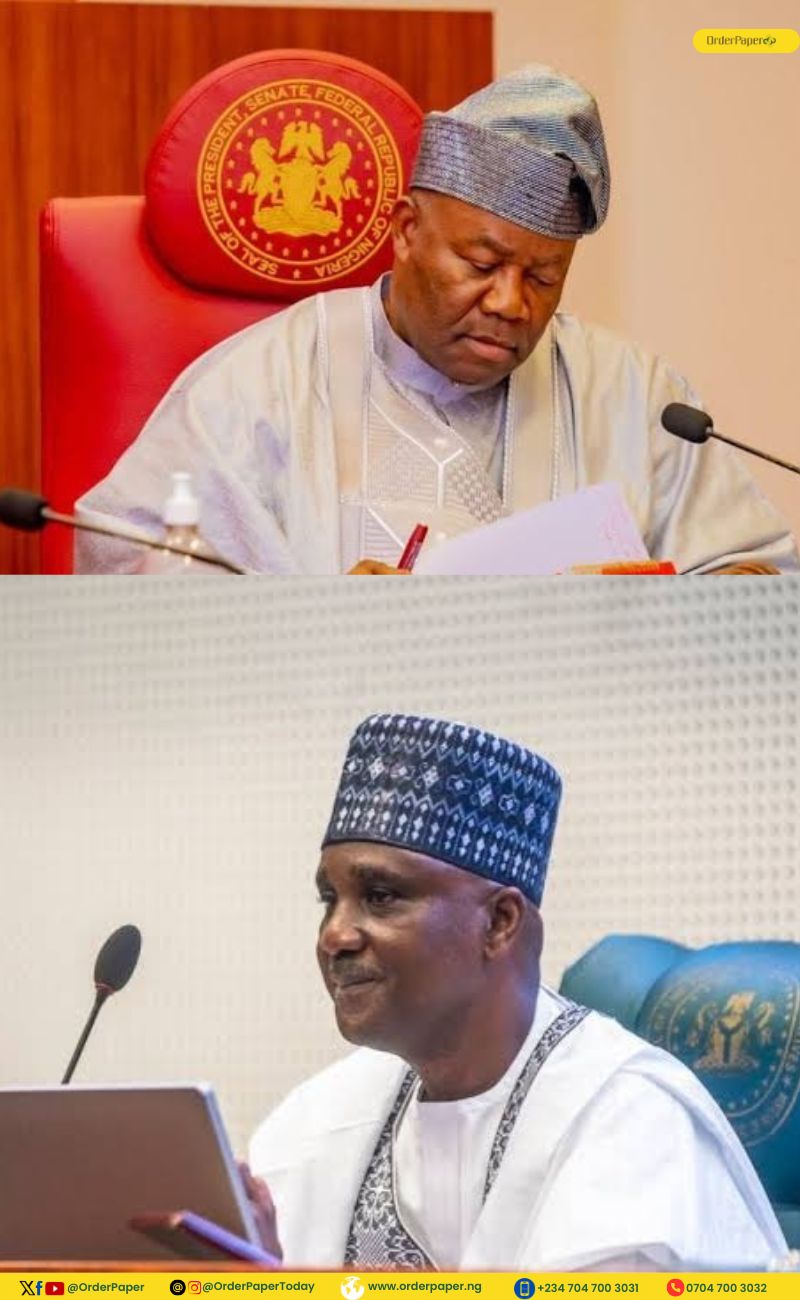
Last week’s Gender Equality and Social Inclusion (GESI) issues from the national assembly focuses on surrogacy and fistula regulations

Humanitarian invention for displaced persons
A motion raised by Sen. Amos K. Yohanna (PDP, Adamawa North) highlighted the crisis affecting the senatorial district where flooding has intensified existing inequalities and vulnerabilities, particularly impacting marginalized groups such as women, children, the elderly, and individuals with disabilities.
The humanitarian crisis in Madagali, Maiha, Michika, Mubi North, and Mubi South Local Government Areas in the Adamawa north senatorial district poses serious risks to health, safety, and livelihoods, predominantly affecting vulnerable populations. Women, in particular, bear a disproportionate burden during such crises due to pre-existing gender inequalities. Limited access to resources and emergency services can impede their recovery, while instances of gender-based violence may escalate in the aftermath of disasters, further compromising their safety.
Moreover, flooding disrupts educational opportunities for children, leading to schools being damaged or converted into shelters, which can have lasting adverse effects on child development and prospects, particularly for girls, who may be compelled to forgo education to support their families.
Discrimination against specific social groups can complicate disaster response efforts. It is imperative that relief initiatives are inclusive and accessible to all, particularly marginalized communities that may already face barriers to support and resources.
Incorporating GESI considerations in the flood response in Adamawa north is essential for achieving equitable and effective interventions. Targeted strategies to empower affected communities and ensure that marginalized voices are heard and supported can significantly enhance the response. This crisis presents a unique opportunity to embed GESI principles into humanitarian efforts, fostering resilience and inclusivity in disaster management practices.

Prioritizing maternal health challenges
In a critical move to enhance maternal health care in Nigeria, Sen. Kaila Samaila Dahuwa (PDP, Bauchi North) introduced the National Obstetrics Fistula Centres (Establishment) Bill. This landmark legislation aims to establish dedicated centres across the nation for the treatment and rehabilitation of women suffering from obstetric fistula, a debilitating condition often resulting from prolonged or obstructed labor, frequently exacerbated by inadequate healthcare infrastructure.
The introduction of this bill signifies the recognition of the urgent need to address the plight of countless women facing the devastating effects of obstetric fistula. It will further present an opportunity for a renewed focus on maternal health issues and the necessary reforms to improve healthcare delivery systems in Nigeria. The establishment of obstetric fistula centres is a vital step toward ensuring that all women have access to comprehensive reproductive health services, ultimately reducing maternal morbidity and mortality rates. The Bill just passed its first reading in the Senate.
ALSO READ: Surrogacy, Cost of Medicine and N24bn Airport Refund

Promoting GESI in surrogacy
A bill for an Act to establish the Nigeria Surrogacy Regulatory Commission for monitoring and supervision of surrogacy arrangements in Nigeria has passed a second reading in the House of Representatives.
This bill is crucial step toward creating a structured approach to surrogacy arrangements in Nigeria. It will not only help to regulate and monitor surrogacy practices but also emphasize the importance of gender equality and social inclusion (GESI) within the reproductive health sector.
The establishment of the commission is pivotal in ensuring that surrogacy arrangements are conducted ethically, protecting the rights and welfare of all parties involved, particularly surrogates, who are predominantly women. By instituting clear regulations for the registration and operation of surrogacy agencies, it can prevent exploitation and abuse, which can disproportionately affect vulnerable women in society. This regulatory framework will help empower surrogates by providing them with legal protections and recognition, ensuring that their rights are upheld throughout the surrogacy process. By promoting ethical practices and protecting the rights of all individuals involved in surrogacy, it can ensure that women’s voices and choices are respected and valued in the narrative surrounding family building in Nigeria. The bill is sponsored by Rep Olamijuwonlo Alao Akala (APC, Oyo).



